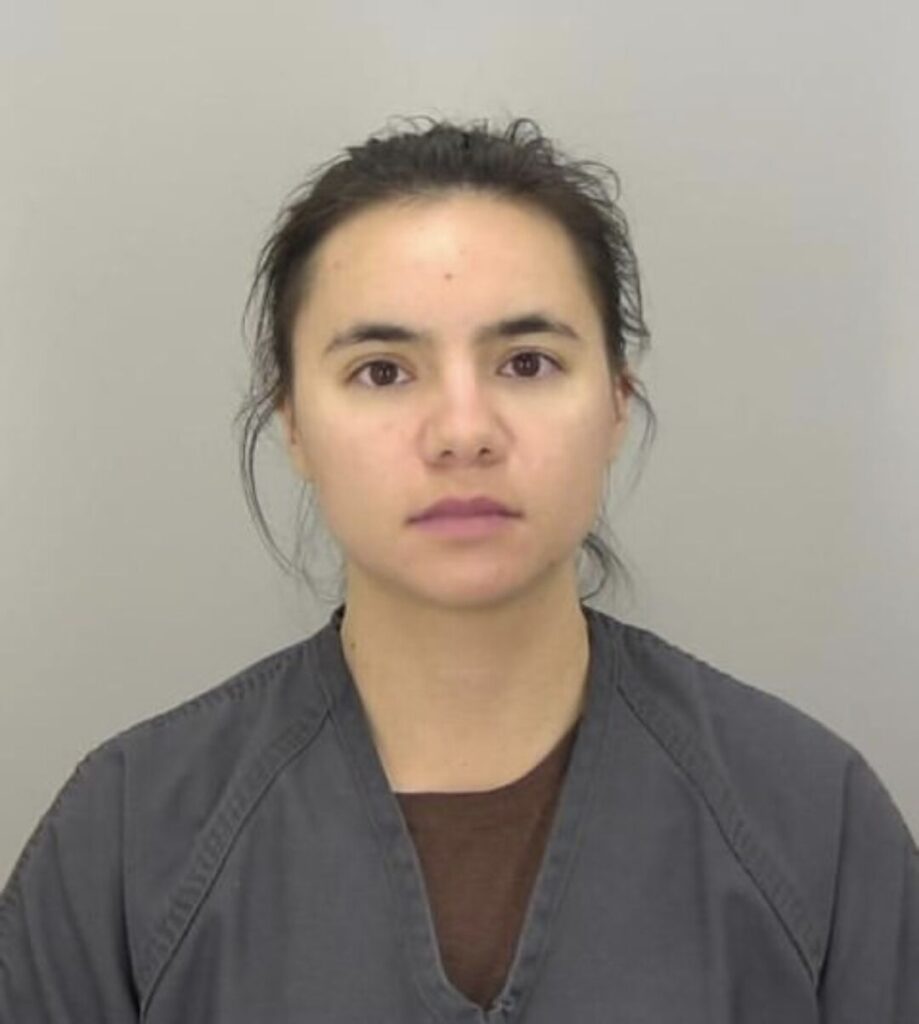Ex-Douglas County judge’s errors stack up as appeals court reverses another conviction
Colorado’s second-highest court last week overturned a Douglas County defendant’s convictions because of an error by former District Court Judge Patricia Herron, continuing a pattern of reversals in her cases.
Herron retired late last year, having been an 18th Judicial District Court judge since 2016. Earlier in her career, she worked in the Colorado Attorney General’s Office, as an Aurora municipal judge and as a judge in Oklahoma. Voters retained her by a 3-1 margin in 2018 after a citizen-led performance commission unanimously found she met performance standards.
However, in the past two years, the Court of Appeals has ordered reversals in more than half a dozen criminal cases Herron handled. The findings included:
• Herron waited nearly two years to issue a decision on crime victim restitution, well after the Colorado Supreme Court clarified judges must respect the 91-day legal deadline for doing so
• She allowed prosecutors to give a false impression to jurors about the DNA evidence in a sex assault case
• Herron permitted multiple defendants to represent themselves without ensuring they had validly given up their right to counsel
• In another instance, she allowed a defendant’s lawyer to withdraw without informing the defendant of her rights
• She subjected a defendant to lifetime sex offender registration without explaining why
• Herron allowed a biased juror to serve in a drunk driving trial
• She declined to correct a prosecutor who misstated the law to jurors

District Court Judge Patricia Herron
Colorado Politics reached out to Herron for comment through the 18th Judicial District but did not receive a response from her.
In the most recent Court of Appeals decision, Charles Devlin Taylor stood trial in 2021 for burglary-related offenses. He represented himself at trial and received a sentence of 48 years in prison.
After Herron barred Taylor from relying on the claim that an alternate suspect committed the crimes, Taylor argued he had an alibi. Specifically, on the day of a Castle Rock burglary, he was allegedly in Black Hawk “selling weed.” The prosecutor objected because Taylor had not previously disclosed his alibi defense. Herron agreed Taylor could not elaborate on the alibi.
Even though jurors repeatedly inquired about Taylor’s assertion he was in Black Hawk — submitting four questions asking for a timeline, when he arrived and left, and whether any video existed — Herron did not permit Taylor to answer the questions.
On appeal, Taylor argued the law was clear: The state Supreme Court in 1985 noted a defendant does not need to comply with the disclosure deadline when he is the one testifying to his alibi. The Colorado Attorney General’s Office admitted Herron’s ruling “seems to be incorrect” as a result.
A three-judge panel for the Court of Appeals concluded the evidence against Taylor was “substantial,” but it ordered a new trial because the alibi evidence could have made a difference to the outcome.
Jurors “showed a keen interest in Taylor’s potential alibi by asking no fewer than four questions about it, all of which the court disallowed. The jurors’ focus on Taylor’s attempt to testify as to his alibi demonstrates that the court’s limitation on his alibi testimony may well have influenced the jury’s verdict,” wrote Judge Matthew D. Grove in the May 23 opinion.
The state public defender’s office declined to comment on Herron’s handling of cases. District Attorney John Kellner did not reply to an inquiry from Colorado Politics, nor did multiple prosecutors and defense attorneys who handled cases in which the Court of Appeals found Herron had erred.











